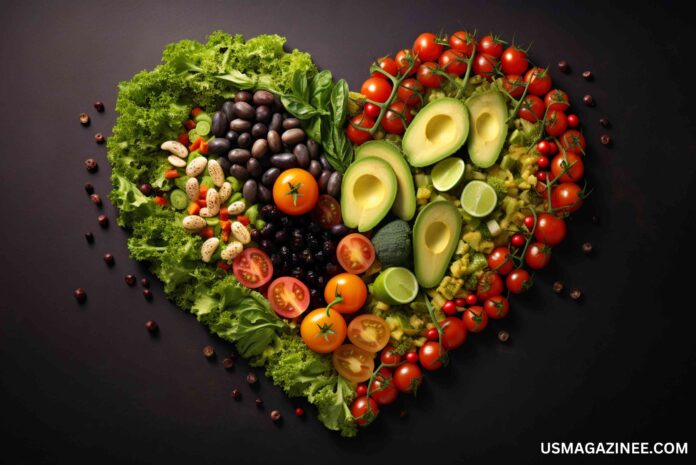When it comes to maintaining the healthy foods, diet is quite important. But with so many choices available, it may get a little daunting to sort out which foods are really good for you. The encouraging news Many really healthy foods are not only good but also quite tasty. We will explore 50 incredibly nutritious foods in this post that you might readily incorporate into your daily diet to maintain your body happy and strong.
Table of Contents
ToggleIntroduction to healthy food
Good eating is not difficult. One of the easiest approaches to make sure your body obtains all it need to operate at its optimum is really emphasizing nutrient-dense, whole foods. Consider your body as a car: it won’t run as good if you fill it with trash. But load it with premium gasoline—akin to a diet—and you’re providing it what it requires to run efficiently.
The Significance of healthy food
Why should we consume better foods? The truth is that good diets offer vital minerals, vitamins, and antioxidants that enable your body to develop, heal itself, and fight diseases. These meals raise your general health, increase your energy, and may even help with mood enhancement. One of the finest approaches to have a long, active life is to have a well-balanced diet high in nutritious foods.
Fruits: Nature's Sweet Pleasures
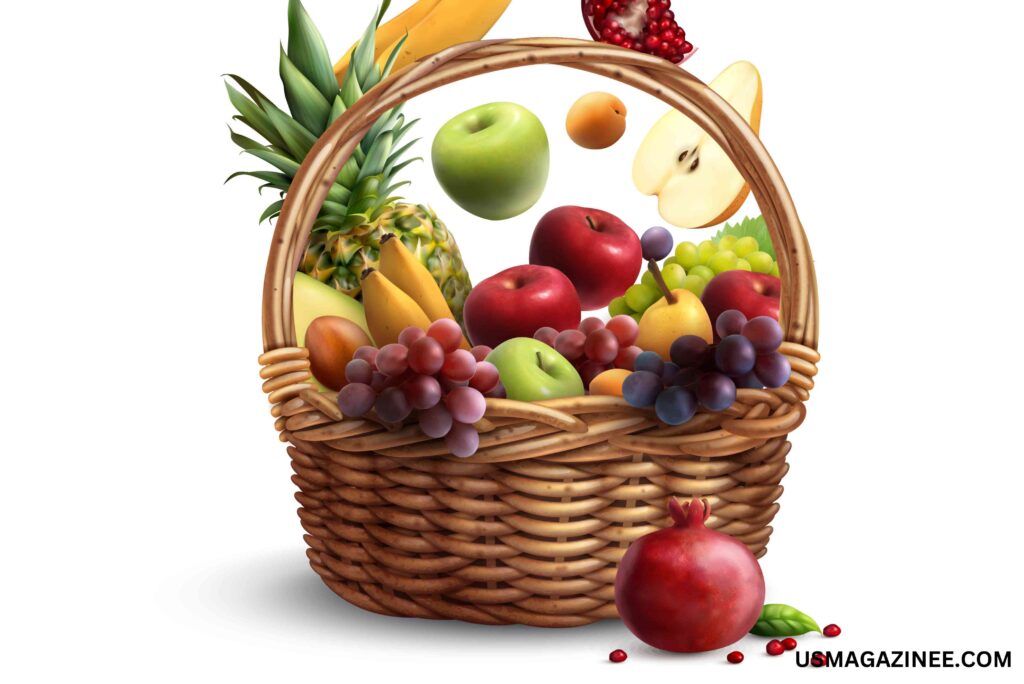
Fruits are nature’s delightful treat; they are also rather nutritious.
1. Berries
Though little, berries—blueberries, strawberries, raspberries—have great power. They include vitamins, fiber, and antioxidants among other things. Improved cognitive function and heart protection have been connected to berries.
2. Oranges
Apple a day can indeed assist you ward off the doctor. High in fiber, vitamin C, and a range of antioxidants, apples are They can also be consumed on the run and are rather adaptable.
3. Banana
One excellent source of potassium, a mineral that controls blood pressure, is a banana. They’re also ideal for a snack or following a workout as they’re fast energy source.
Vegetables: Nutrient Powerhouses
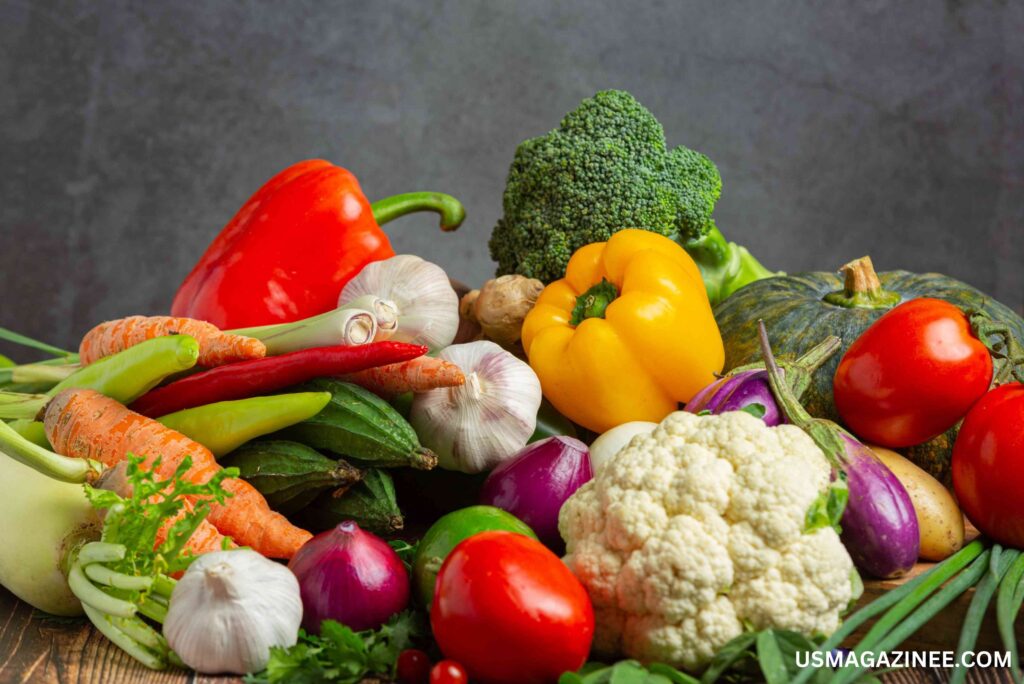
Among the foods highest in nutrients are vegetables. For a very low calorie count, they supply fiber, vitamins, minerals, and antioxidants.
1. Leafy Foods
Leafy greens heavy in iron, calcium, and folate include spinach, kale, and Swiss chard. These greens help to lower risk of chronic diseases and strengthen cardiac function.
2. Vegetable Broccoli
One cruciferous vegetable abundant in fiber, vitamins C and K, and even some protein is broccoli. It’s connected to less risk of cancer and better digestion.
3. Carrots
Beta-carotene, found in great abundance in carrots, the body converts into vitamin A—critical for good eyes. Additionally a crunchy, low-calorie snack choice are they.
Whole Grains: Body Fuel
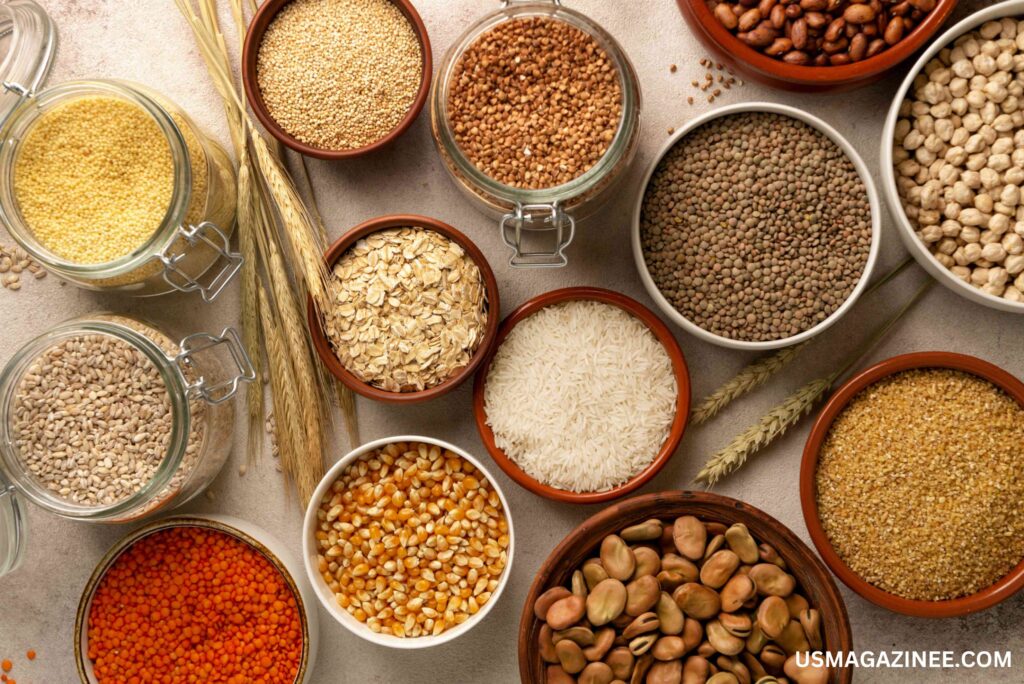
Whole grains abound in B vitamins, iron, and magnesium as well as in fiber. All through the day, they keep you full and energized.
1. Whinoa
Often referred to as a “complete protein,” quinoa boasts all nine of the essential amino acids. It’s also a great grain replacement as it’s heavy in fiber.
2. Wheat
A morning favorite are oats. Their high fiber content—especially that of a kind of fiber called beta-glucan, which can help lower cholesterol—makes them excellent for heart health.
3. Brown Rice
Whole grains bursting with B vitamins, magnesium, and fiber are brown rice. It provides a wonderful basis for meals and aids in stable blood sugar levels.
Little but Powerful: Nuts and Seeds
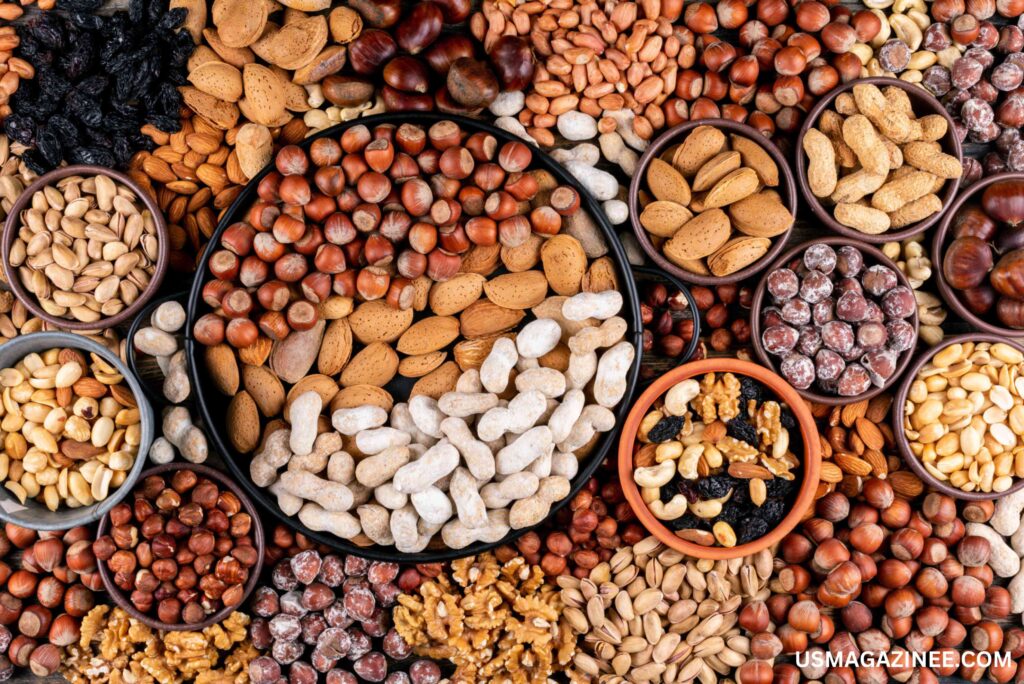
Though tiny, nuts and seeds abound in nutrients like fiber, protein, and good fats.
1. Almonds
Almonds abound in fiber, magnesium, and vitamin E. They can be a quick, wholesome snack and boost heart health.
2. Chía Seeds
Though small, chia seeds pack omega-3 fatty acids, fiber, and protein. Great for preparing puddings or smoothies, they absorb liquid and expand.
3. Walnuts
Still another amazing source of omega-3 fatty acids are walnuts. Their demonstrated to lower inflammation and enhance brain function.
Legumes: Protein-rich and satisfying
Excellent sources of plant-based protein and fiber are legumes—beans, lentils, chickpeas.
1. Lentumes
Fantastic sources of fiber, iron, and protein are lentils. They support digestive health and help control blood sugar levels.
2. Chickpeas
Versatility and nutrient density abound in garbanzo beans, or chickpeas. Their rich fiber and protein make them ideal additions to hummus, soups, or salads.
3. Black beans
Packed with protein, fiber, and a rainbow of vitamins and minerals, black beans. Many different cuisines call for them as a mainstay and support digestive health.
Fish and seafood abound in omega-3s

Particularly omega-3 fatty acids, fish and seafood are superb providers of premium protein and good fats.
1. Salmon
Among the finest sources of omega-3s, which enhance brain function and heart health, salmon is It also stands rather high in vitamin D.
2. Sardines
Though tiny, sardines are loaded in minerals like vitamin D, calcium, and omega-3s. They are quite good for your bones.
3. Tinned tuna
Still another fish high in omega-3s and protein is tuna. Although it’s a handy choice for fast dinners, its mercury concentration should be taken under control.
Dairy and Alternatives: for robust bones
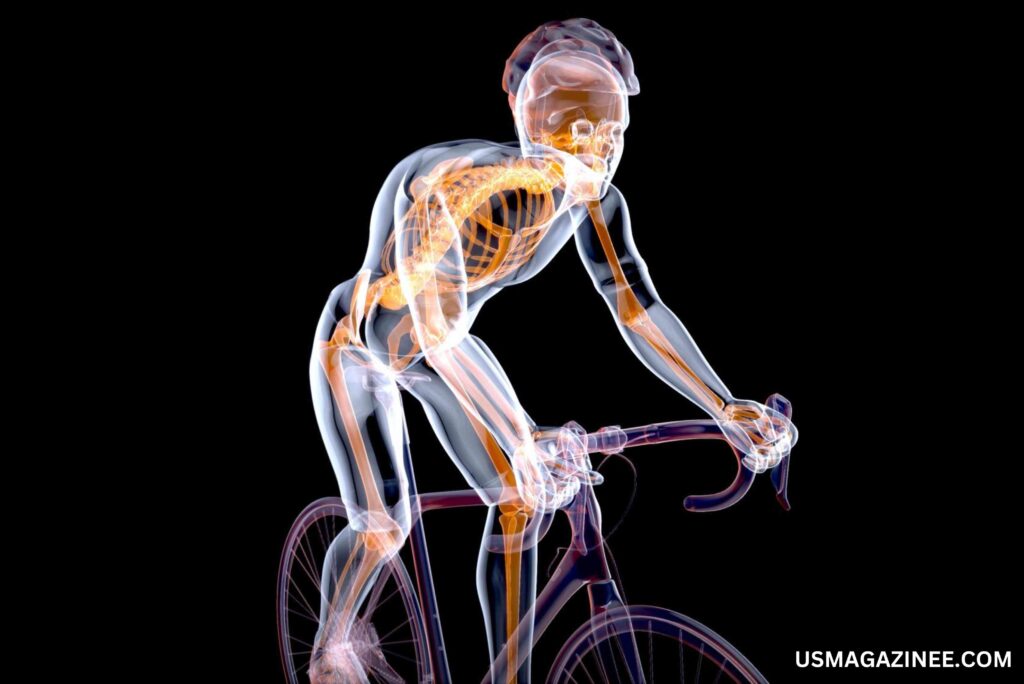
Excellent sources of calcium, vitamin D, and protein are dairy products and plant-based substitutes.
1. Greek muesli
Greek yogurt is heavy in probiotics, which help digestive health, and protein. Additionally a strong source of calcium, it can be utilized in sweet and savory cuisine.
2. Almond milkshake
Although it has less calories than cow’s milk and is dairy-free, almond milk is nonetheless high in minerals including vitamin E and calcium.
3. Cheesiness
Particularly kinds of cheese like feta and mozzarella, cheese can be a good source of calcium and protein. Given its high fat level, simply be careful about portion quantities.
Herbs and Spices: Small but Powerful
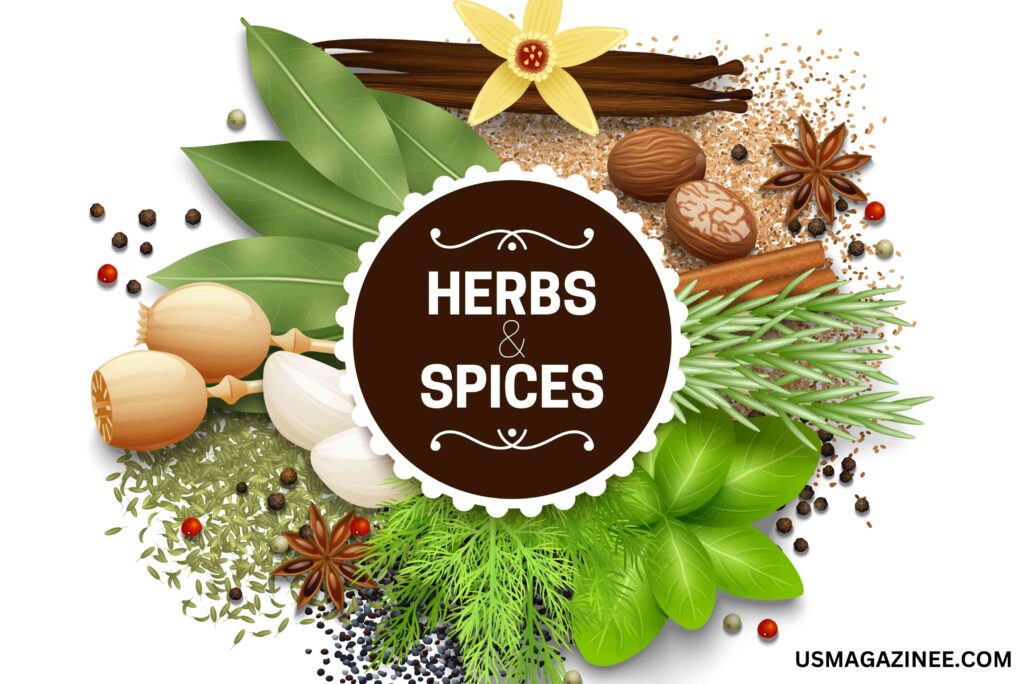
Herbs and spices provide several health advantages in addition to adding taste to your food.
1. Trimeric
Curcumin, a chemical having strong anti-inflammatory and antioxidant properties, is found in turmeric. Curries and other dishes call for it often, and it can help lower inflammation.
2. Garlics
Garlic has well-known immune-boosting qualities. It’s high in substances like allicin, which has been demonstrated to combat infections and boost heart health.
3. The ginger
Still another spice with anti-inflammatory effects is ginger. It’s often used to help digestion and to reduce nausea.
FAQs
1. What are the top 5 healthy food?
Blueberries, spinach, salmon, almonds, and quinoa rank highest among the healthiest foods available. Every one of these foods is bursting in nutrients that help general wellness.
2. How might I include more nutritious items into my diet?
Start with little adjustments like adding fruits and vegetables to every meal, substituting healthy grains for processed grains, and munching almonds and seeds.
3. Is it okay to eat every day healthy food?
Indeed, a regular diet including a variety of healthful foods guarantees a broad spectrum of vital nutrients, which are crucial for preserving good health.
4. List some healthy munchies?
Fresh fruit, almonds, yogurt, carrot sticks, and hummus make up healthy snacks. Between meals, these are all filling and quite healthful.
5. Does eating well support weight loss?
By keeping you full longer, balancing blood sugar levels, and lessening your cravings for harmful meals, nutrient-dense, healthy foods can indeed aid with weight loss.
Conclusion
Your healthy food will be much improved if you include these fifty super nutritious items into your diet. From strengthening your immune system to preserving your heart health, every one is bursting with nutrients that assist your general well-being. A balanced, nutritious diet depends on variety, hence aim to incorporate in your meals a great variety of these foods.
MUST READ: Gadgets Countertop Oven: The Perfect Addition to Any Kitchen
